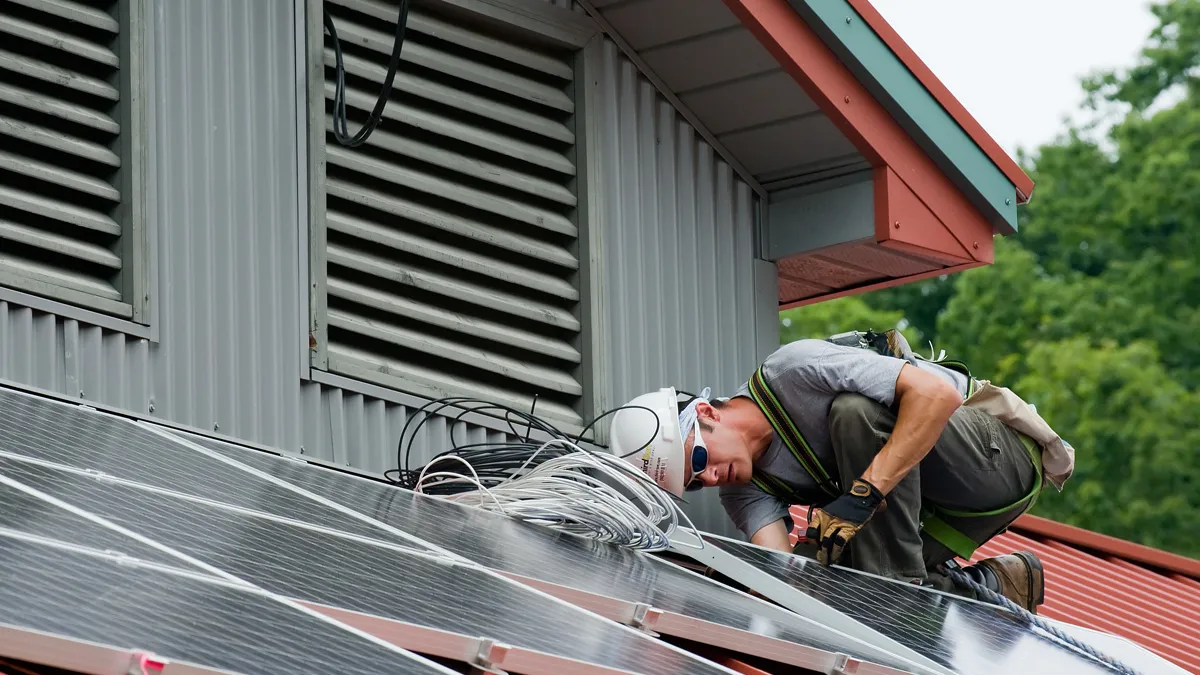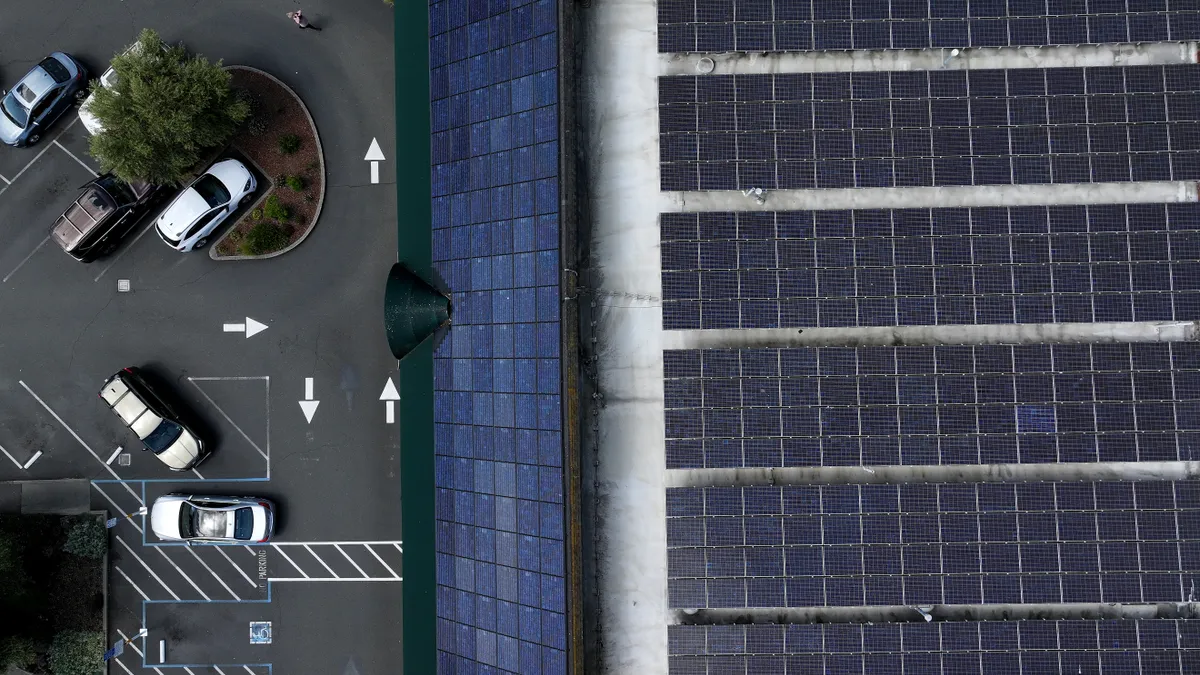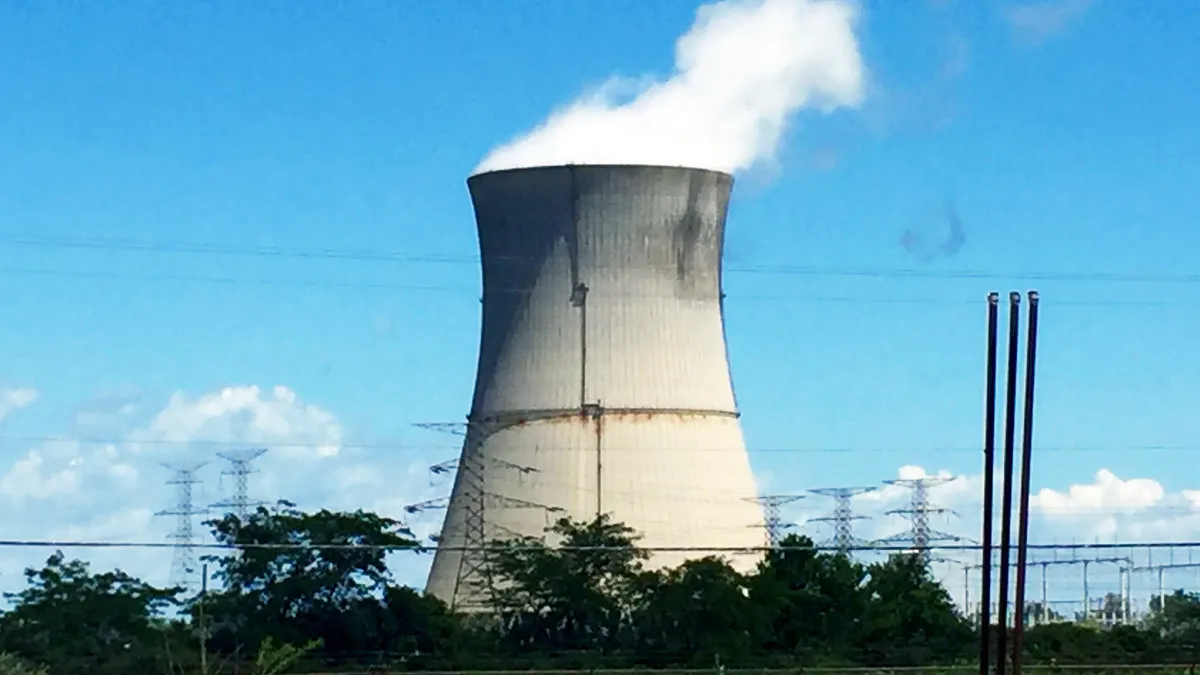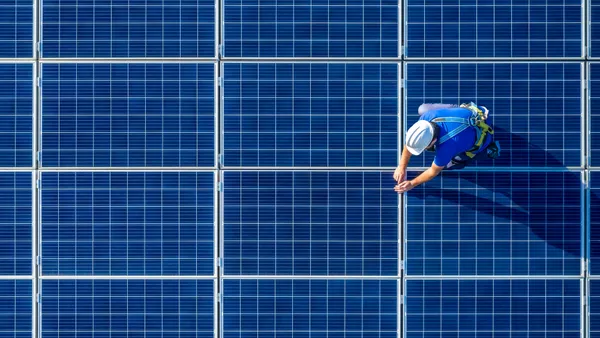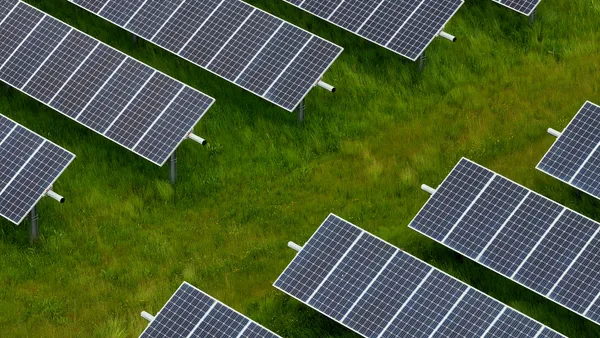Dive Brief:
- A much-delayed bill to boost solar power in Georgia appears to be on its way to swift approval in the state legislature after a major compromise between utilities and solar installers, the Atlanta Business Chronicle reports.
- The deal, fostered by State Rep. Mike Dudgeon (R-Johns Creek), would allow third-party financing of rooftop solar panels in Georgia for the first time. Currently, homeowners and businesses in the state must pay installers upfront to purchase solar panels, creating a significant financial barrier to enter the market.
- The measure would limit the size of residential solar arrays to 10 KW, and businesses with solar panels would not be allowed to generate more than 125% of their total energy demand. The size conditions were vital in persuading Georgia Power Co. and the state's many electric cooperatives to support the bill.
Dive Insight:
In November, Pew named Georgia the fastest growing solar market in America, saying that government incentives have attracted hundreds of millions of dollars in clean energy investment and boosted employment in the solar sector 225% in the last year.
That growth was possible even without third party ownership (TPO) available for solar in the Peach State. Georgia currently prohibits such agreements, which allow solar companies to own rooftop panels and pay homeowners a fee according to a lease contract or the amount of electricity generated. Greentech Media estimated that TPO agreements accounted for more than two-thirds of residential solar power capacity in 2014. 24 states plus DC and Puerto Rico allow TPO, according to DSIRE.
Dudgeon appeared before an energy subcommittee to present his compromise bill Tuesday afternoon. Representatives from solar installers, electric cooperatives and Georgia Power all spoke in favor of the bill, which Dudgeon said he would introduce Wednesday to the full House.
No votes are yet scheduled for Dudgeon's bill, and it remains unclear when the full legislature will take the measure up. Without significant opposition from installers and utilities, it appears the bill will pass with little difficulty.


